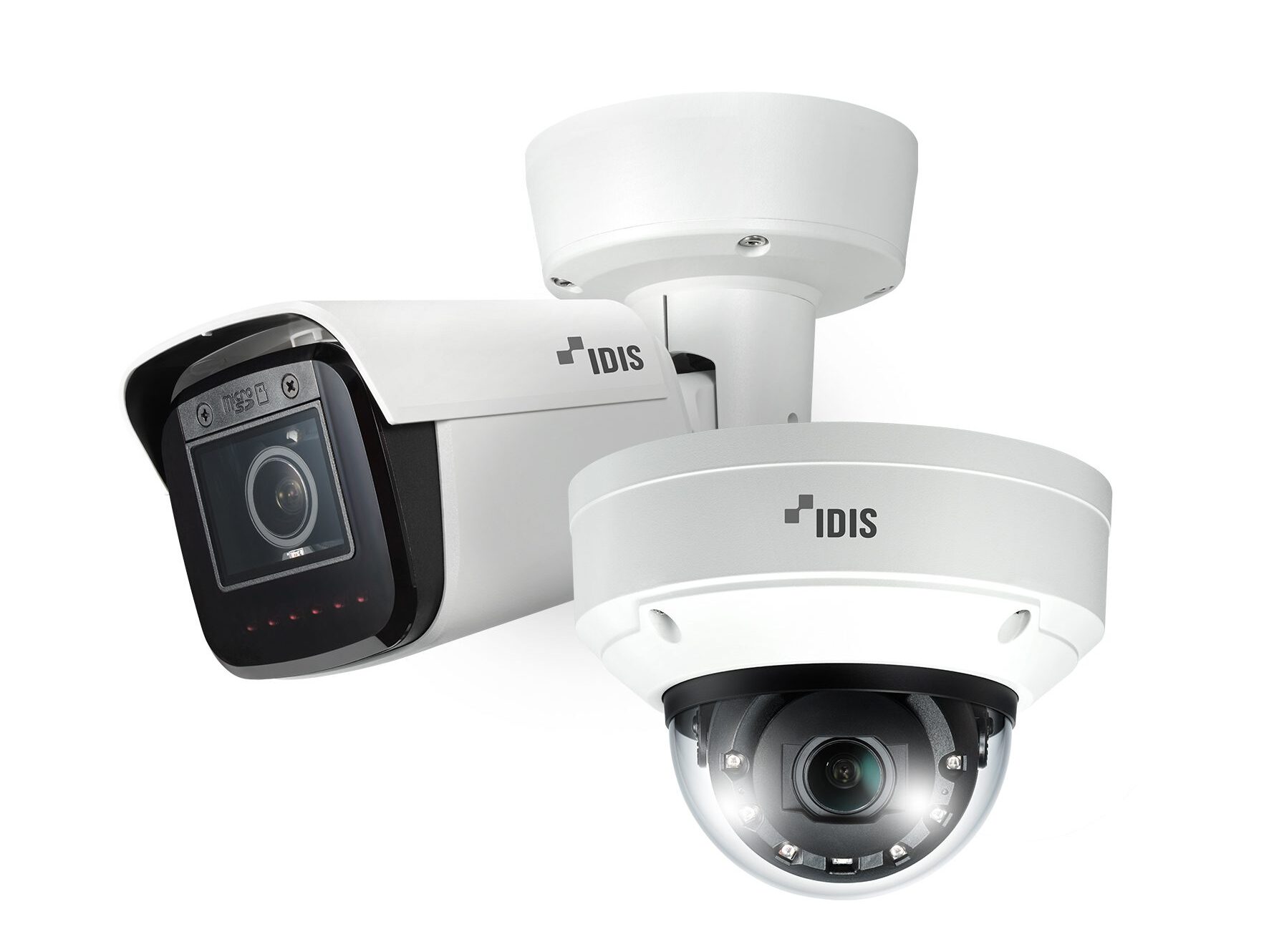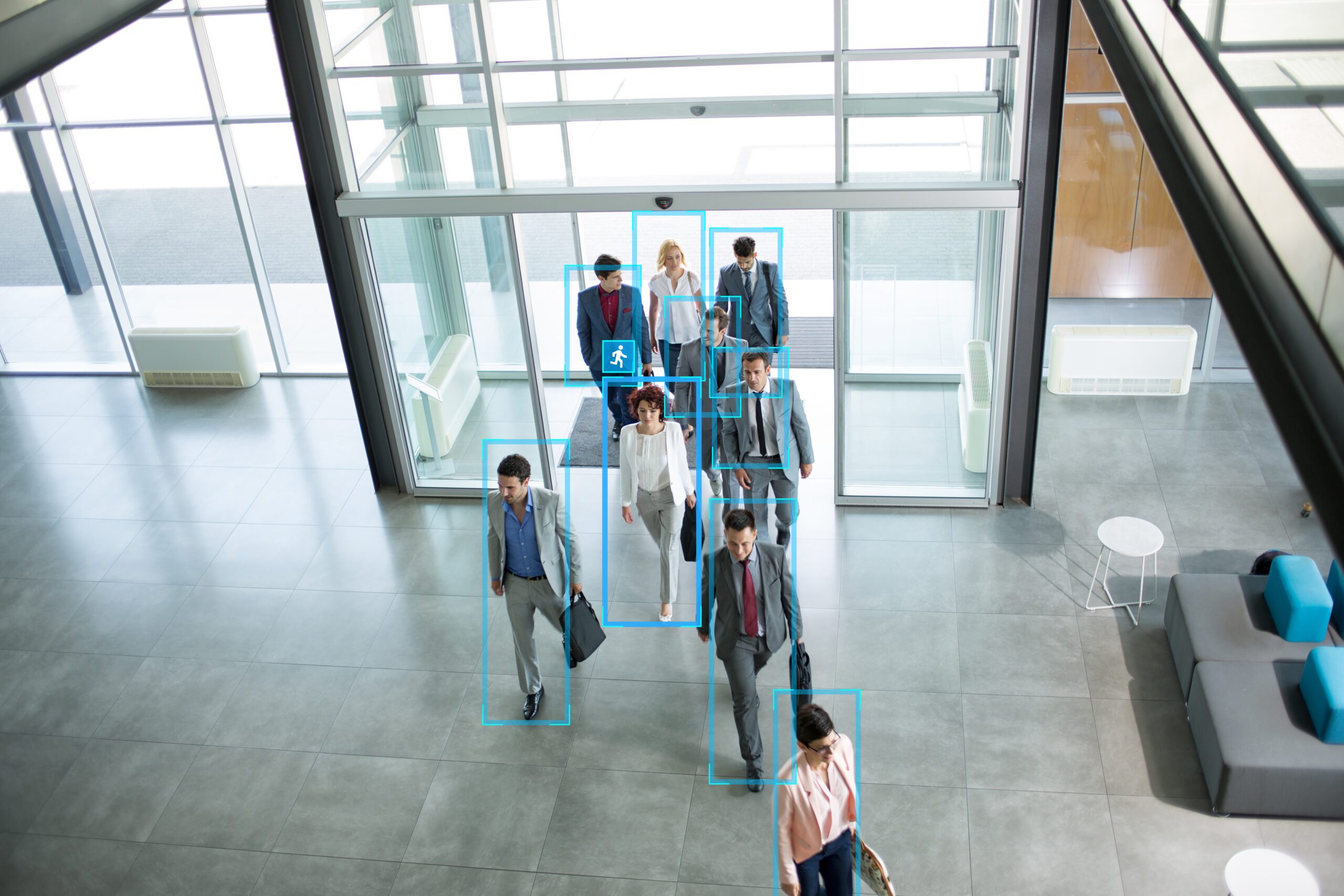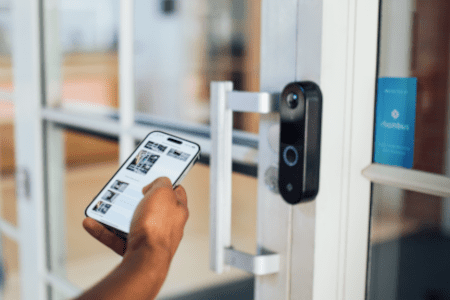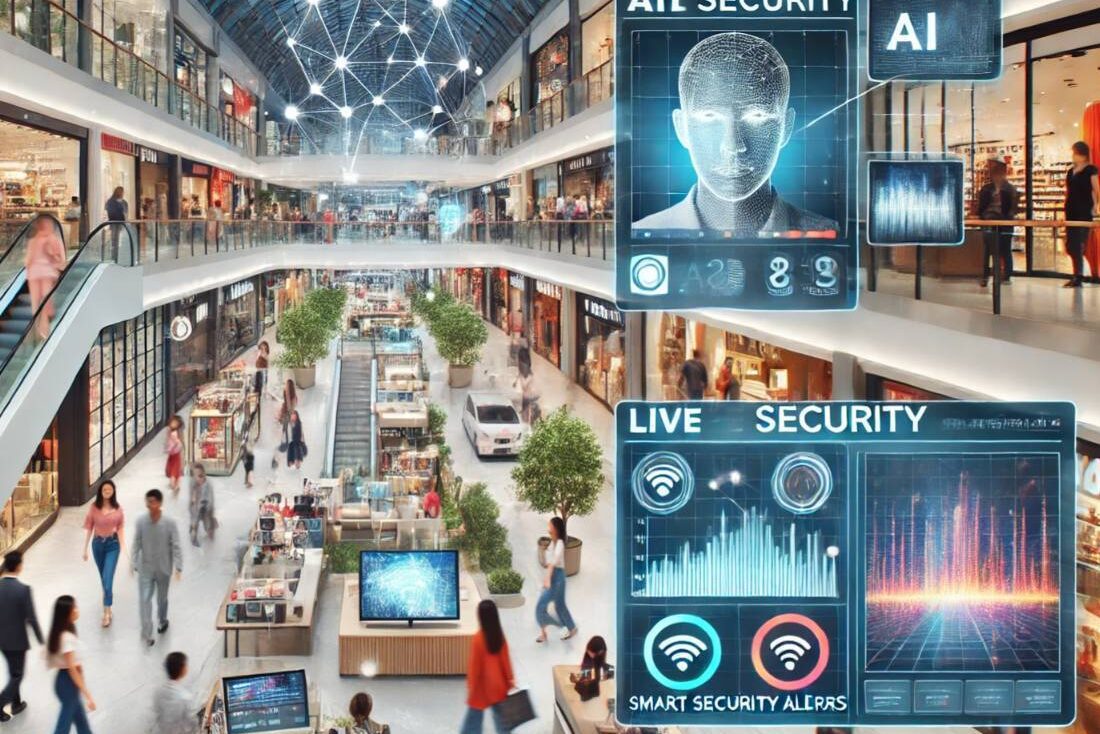The future of border control at airports can now be made easier with the touch of Internet of Things (IoT) and Artificial Intelligence (AI)
Smart airports are starting to appear all over the world. They are no longer a mere concept, but an ever-rising reality. Many advancements and improvements are responsible for: the rise in the number and scope of innovative technologies, passengers increasingly using smart devices like tablets and smartphones, the rising experience of the average passenger and the massive jump in the overall number of people using planes as their preferred mode of transfer.
The latter is leading to airports implementing new technologies and essentially becoming smart airports. These new airports are dubbed Airports 4.0, and the numbers paint a clear picture of their ever-increasing implementation and domination in the near future.
43% of airports are implementing IoT initiatives to monitor location onsite. Some 59% of airports are implementing cybersecurity measures to defend against common cyber threats. The last number points to how vital security is in the new age of smart airports.
When new technologies are implemented, and when vital areas become more dependent on the Internet, new threats appear. Cyber threats are inevitable at smart airports as these inevitably have inherent flaws and mistakes in their computer systems.
The same things happen with most industries and areas where new, smart technologies are implemented. Incidents have already occurred in smart airports. In August 2016, the US airline Delta had to suspend flights and strand thousands of passengers due to a significant power failure near Delta’s headquarters in Atlanta. Systems crashed, and they were unable to operate normally for long enough to cause flight cancellations.
The major aircraft manufacturer Airbus is hit by as many as 12 cyberattacks yearly. Some manage to break through their security systems and cause significant disturbances. Not even the biggest companies in the world are safe. These instances and the inherent flaws in systems that have to cover massive numbers of processes and people make cybersecurity a necessity in smart airports.
All systems at smart airports that are connected to the Internet are inherently flawed merely because they are connected. That makes them viable targets to hackers, who are likely to use any vulnerability to breach the system. It’s essential for airports to prioritise cybersecurity and to ensure that the central systems are adequately protected. Then they can move to the rest of the systems.
Resources need to be allocated, as well as an adequate, talented workforce. In addition to that, appropriate policies need to be made and adhered to – policies that ensure the proper cybersecurity measures are implemented in all areas of the airport where such measures are necessary.
As cyber threats are only going to rise in number and effectiveness, securing smart airports needs to follow these developments accordingly.
Keeping these goals and concepts in mind, a security certification framework dedicated to IoT must be set up to address each operational environment’s needs for a basic, substantial, or high-security assurance level. This solution helps reduce the costs of security assessment and pen-testing services, eliminates the lack of cybersecurity experts, raises business and risk-owners security awareness, and ultimately creates a level of trust between the stakeholders, while still complying with security standards.
To read more exclusive features and latest news please see our Q4 issue here.
Media contact
Rebecca Morpeth Spayne,
Editor, Security Portfolio
Tel: +44 (0) 1622 823 922
Email: [email protected]



























